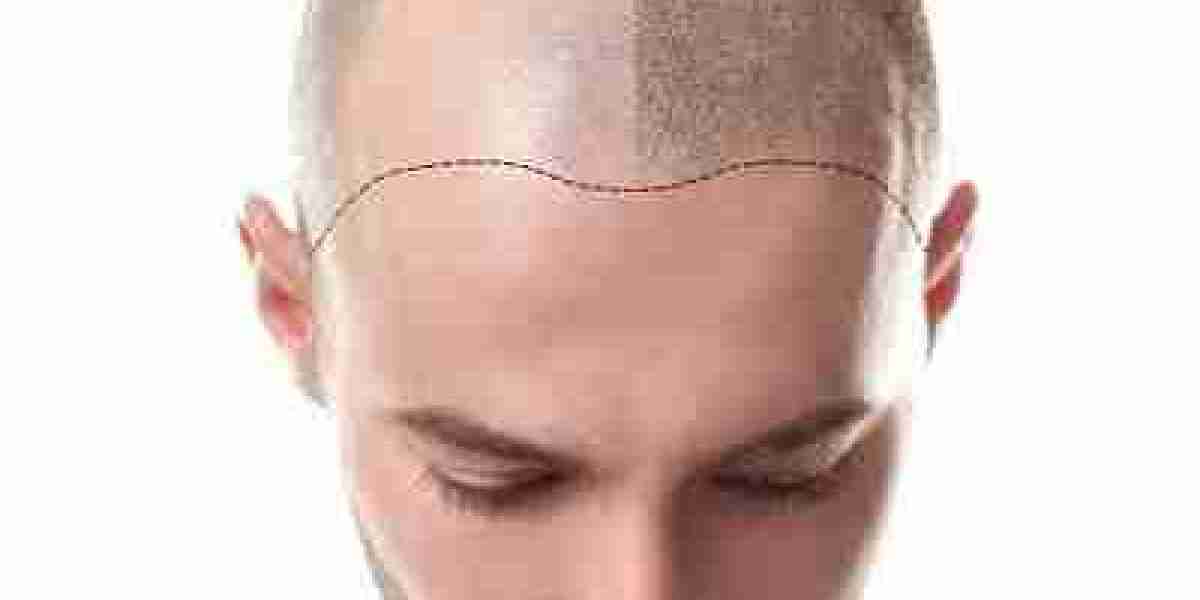Pursuing a Bachelor of Science (BSc) in Forensic Science is a fascinating journey into the intersection of science and law. The program offers specialized knowledge and hands-on training in analyzing evidence, crime scene investigation, and applying scientific principles to legal cases. For students interested in science and justice, a BSc in Forensic Science provides a unique career path that is both intellectually stimulating and professionally rewarding.
Why Choose a BSc in Forensic Science?
The BSc in Forensic Science is not just another undergraduate program; it’s a gateway to exciting career opportunities in criminal justice, law enforcement, and research. Unlike general science degrees, this program combines multiple disciplines, including biology, chemistry, physics, and law, to equip students with the skills needed to investigate crimes and present findings in legal contexts.
Program Structure and Curriculum
A BSc in Forensic Science typically spans three to four years, depending on the institution and country. The program includes theoretical coursework, practical lab sessions, and field training.
Core Subjects
- Criminalistics: Study of physical evidence like fingerprints, blood splatter, and ballistic analysis.
- Toxicology: Analysis of drugs, poisons, and their effects on the human body.
- Molecular Biology: DNA profiling and genetic evidence examination.
- Analytical Chemistry: Techniques for identifying chemical substances in evidence.
- Crime Scene Management: Training in securing, documenting, and analyzing crime scenes.
Elective Subjects
- Cyber Forensics
- Forensic Psychology
- Environmental Forensics
- Digital Evidence Handling
Skills Acquired During the Program
Graduates of a BSc in Forensic Science gain a blend of technical and analytical skills. Key competencies include:
- Evidence Analysis: Ability to analyze physical and biological evidence with precision.
- Attention to Detail: Critical in identifying clues that may solve a case.
- Report Writing: Preparing detailed and accurate reports for legal proceedings.
- Communication Skills: Presenting findings in court as an expert witness.
- Problem-Solving: Applying scientific knowledge to unravel complex cases.
Career Opportunities After a BSc in Forensic Science
Graduates have a wide range of career paths available in both public and private sectors.
Government Roles
- Crime Scene Investigator: Collect and analyze evidence at crime scenes.
- Forensic Analyst: Work in government labs to process evidence for criminal cases.
- Law Enforcement: Collaborate with police departments in solving crimes.
Private Sector Roles
- Consulting Firms: Provide expert analysis for private legal cases.
- Corporate Security: Handle investigations into fraud, cybercrimes, and theft.
- Research and Development: Innovate new forensic technologies and methodologies.
Academic and Research Opportunities
Many graduates choose to pursue higher studies, such as a Master’s in Forensic Science or related fields, leading to roles in academia or advanced forensic research.
Emerging Trends in Forensic Science
The field of forensic science is constantly evolving, driven by advancements in technology and new methodologies. Here are some emerging trends shaping the future of the discipline:
- Digital Forensics: With the rise of cybercrimes, expertise in recovering and analyzing digital evidence is increasingly in demand.
- AI and Machine Learning: These technologies are revolutionizing crime scene analysis and evidence interpretation.
- Environmental Forensics: Investigating environmental violations and ecological crimes.
- Portable Forensic Tools: Development of field-ready devices for instant evidence analysis.
Challenges and Ethical Considerations
While a career in forensic science is rewarding, it comes with its own set of challenges:
- Accuracy and Accountability: A small error in evidence analysis can impact legal outcomes.
- High-Stakes Environment: Working on cases with significant societal implications.
- Ethical Dilemmas: Maintaining objectivity and confidentiality in sensitive cases.
FAQs
1. What is the BSc full form in forensic science?
The BSc full form is Bachelor of Science, and in this context, it refers to the undergraduate degree specializing in forensic science.
2. Is a BSc in Forensic Science a good career choice?
Yes, it is an excellent choice for those passionate about science and justice, offering diverse career opportunities.
3. Can I work internationally with a BSc in Forensic Science?
Yes, forensic science has global relevance, and graduates can work in international law enforcement agencies, research organizations, or consulting firms.
4. What are the further study options after a BSc in Forensic Science?
Graduates can pursue a Master’s or Ph.D. in Forensic Science, Toxicology, or related fields for advanced roles in academia and research.
Conclusion
A BSc in Forensic Science stands out for its unique combination of science, law, and investigative techniques. It prepares students for a fulfilling career at the forefront of justice and innovation. The BSc full form, Bachelor of Science, in forensic science opens doors to diverse professional paths, from crime labs to international organizations. Choosing this program aligns passion for science with the pursuit of justice, making it a truly impactful academic and career choice.






